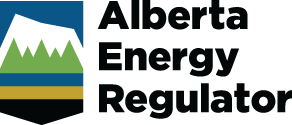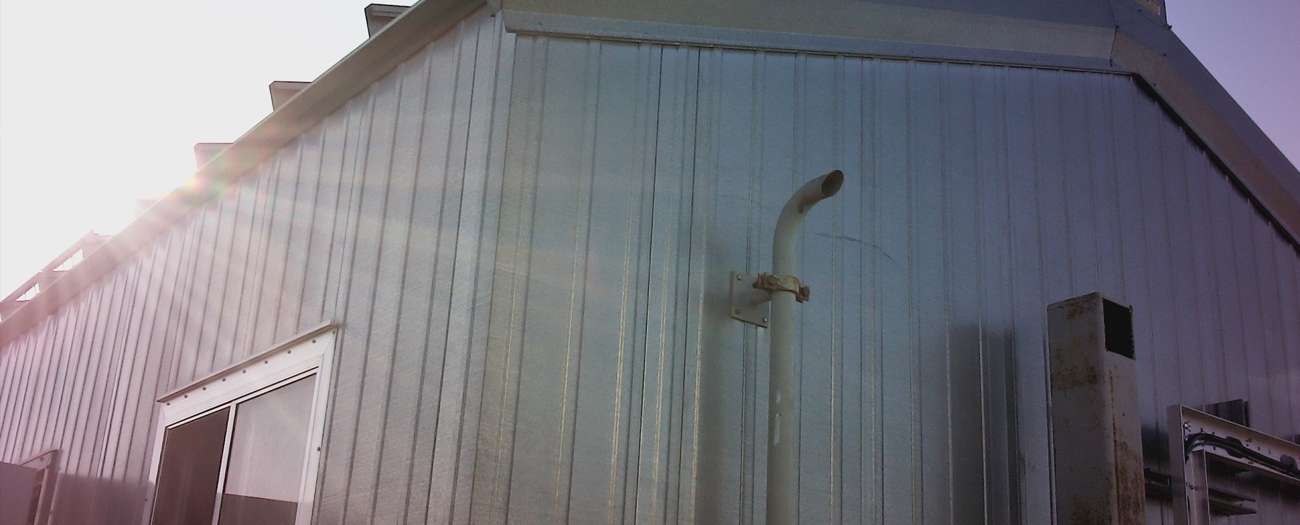Updated November 2023
In 2022, several audits and inspections were conducted to help improve industry compliance with the methane requirements. Below are some highlights of each of these initiatives.
Audits
Audits are desktop exercises that mainly review information submitted by industry through various reporting programs or direct exchanges that result from interaction with duty holders. Please see below table for 2022 audit statistics.
|
|
|
|
|
|
|
|
|---|---|---|---|---|---|---|
| Aerial Surveillance |
|
|
|
|
|
|
| Alt FEMP |
|
|
|
|
|
|
| FEMP |
|
|
|
|
|
|
| Fuel, Flare, Vent and Data Quality |
|
|
|
|
|
|
| Fugitives |
|
|
|
|
|
|
| MRRCP |
|
|
|
|
|
|
| Missing OneStop Submissions |
|
|
|
|
|
|
| Overall Vent Gas Limit |
|
|
|
|
|
|
| Venting - DVG & CBFA (new for 2022) |
|
|
|
|
|
|
* NNC = notice of noncompliance
Inspections
A total of 1110 methane inspections were conducted in Alberta in 2022. This is an increase from 948 in 2021, and all issues leading to an unsatisfactory inspection (i.e., one where a notice of noncompliance [NNC] was issued) were resolved.
| Year |
|
|
|
|---|---|---|---|
| Total Methane Inspections |
|
|
|
| Total Number of NNCs Issued |
|
|
|
| Total Number of Sites With Fugitive Emissions |
|
|
|


